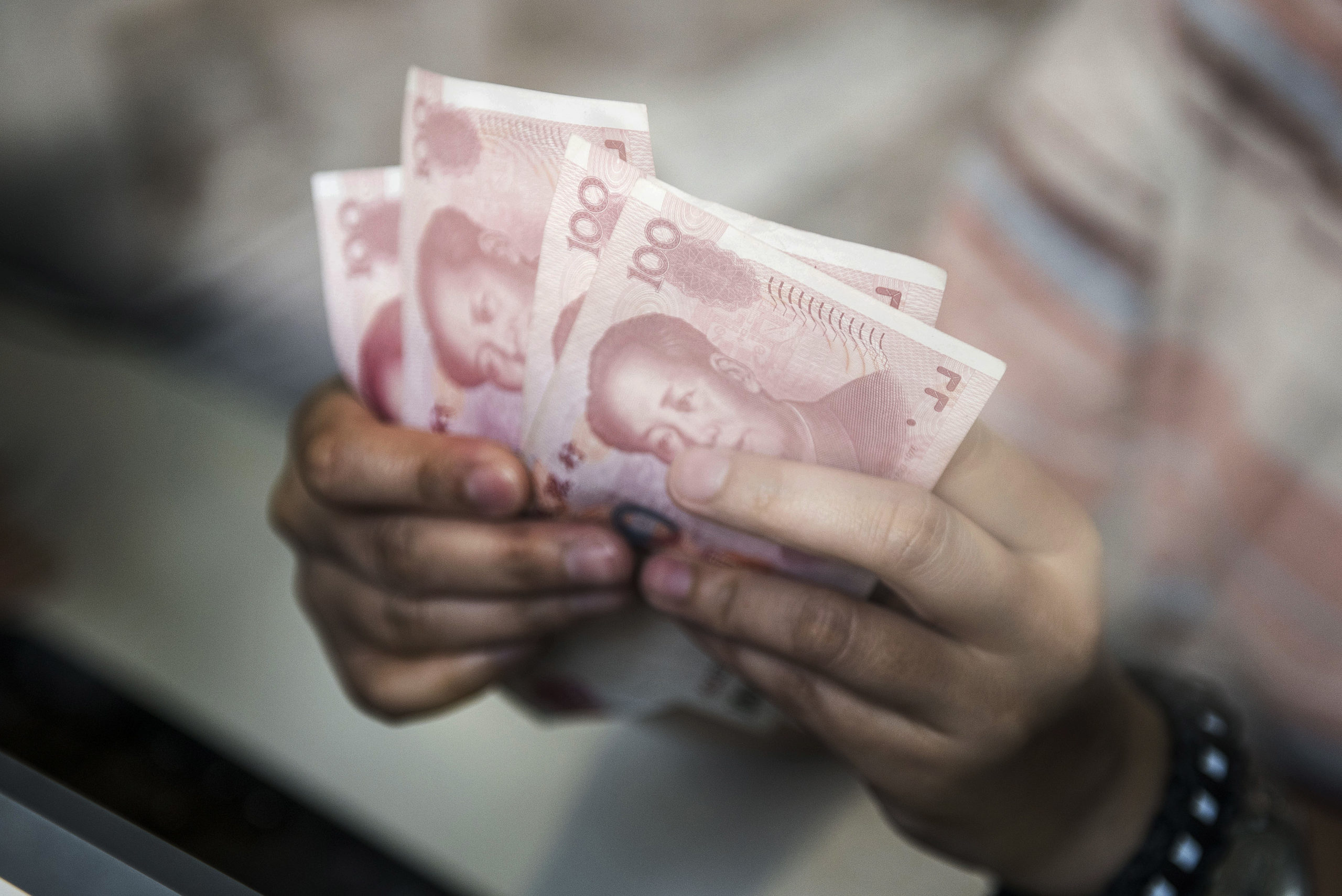- Nigeria Signs $2.5bn Currency Swap Deal With China
After two years of painstaking negotiations, the Central Bank of Nigeria has finally signed a bilateral currency swap agreement with the People’s Bank of China.
The development was confirmed on Thursday in Abuja by the Acting Director, Corporate Communications, CBN, Mr. Isaac Okorafor.
He said the CBN Governor, Mr. Godwin Emefiele, led officials of the apex bank, while the PBC Governor, Dr. Yi Gang, led the Chinese team to the signing ceremony, which was held in Beijing, China.
The transaction, which is valued at Renminbi 16 billion, or the equivalent of about $2.5bn, is aimed at providing adequate local currency liquidity to Nigerian and Chinese industrialists and other businesses.
This, according to Okorafor, will reduce the difficulties encountered in the search for third currencies in the execution of business transactions between Nigerian and Chinese industrialists.
Among other benefits, he said the agreement would provide naira liquidity to Chinese businesses and provide RMB liquidity to Nigerian businesses, thereby improving the speed, convenience and volume of transactions between both nations.
“It will also assist both countries in their foreign exchange reserves management, enhance financial stability and promote broader economic cooperation between the two countries,” he added.
With the operationalisation of this agreement, the CBN spokesman said it would be easier for most Nigerian manufacturers, especially Small and Medium-scale Enterprises and cottage industry owners in manufacturing and export to import raw materials, spare parts and simple machinery to undertake their businesses.
This, according to him, will be achieved by taking advantage of available RMB liquidity from Nigerian banks without being exposed to the difficulties of seeking other scarce foreign currencies.
He stated, “The deal, which is purely an exchange of currencies, will also make it easier for Chinese manufacturers seeking to buy raw materials from Nigeria to obtain enough naira from banks in China to pay for their imports from Nigeria.
“Indeed, the deal will protect Nigerian business people from the harsh effects of third currency fluctuations. With this, Nigeria becomes the third African country to have such an agreement in place with the PBoC.”
Okorafor added that both Nigerian and Chinese officials expressed delight at the conclusion and signing of the agreement, and expressed the hope that it would boost mutually beneficial business transactions between both countries.
Reacting to the agreement, finance and economic experts described the signing as a positive development for the Nigerian economy.
A former Managing Director, Unity Bank Plc, Mr. Rislanudeen Mohammed, said the move would minimise foreign exchange denominated risks for Nigeria.
He stated, “In the context of minimising concentration risk of having our foreign exchange denominated in the United States dollar alone, this is a positive development. Secondly, in view of our huge imports from China, this agreement will help in reducing the time as well as transaction costs by eliminating third-party currency deals.
“Reduced transaction costs will make goods imported from China cheaper to both importers and ultimately Nigerian consumer.
“This may negatively impact on our diversification efforts by making Chinese imports cheaper. However, there is no impact on the economy as far as the balance sheet of the central bank is concerned.”
Also, an economist and former Director-General, Abuja Chamber of Commerce and Industry, Dr. Chijioke Ekechukwu, said the agreement would help to reduce the exchange rates between both countries.
He said, “It is an agreement to exchange currency between two foreign countries or parties. The agreement involves swapping principal and interest payments on a loan made in one currency for principal and interest payments of equal value in another currency.
“In the case of Nigerian and Chinese currency swap agreement, it is a win-win situation for the two countries as it will foster seamless business relationships between them.
“The exchange rate volatility will be reduced with this agreement, especially at the point of repayment. Country or sovereign risk will also be mitigated by this agreement.”


 Billionaire Watch3 weeks ago
Billionaire Watch3 weeks ago
 Startups4 weeks ago
Startups4 weeks ago
 News4 weeks ago
News4 weeks ago
 News4 weeks ago
News4 weeks ago
 Bitcoin4 weeks ago
Bitcoin4 weeks ago
 Naira4 weeks ago
Naira4 weeks ago
 Forex3 weeks ago
Forex3 weeks ago
 Treasury Bills4 weeks ago
Treasury Bills4 weeks ago
























